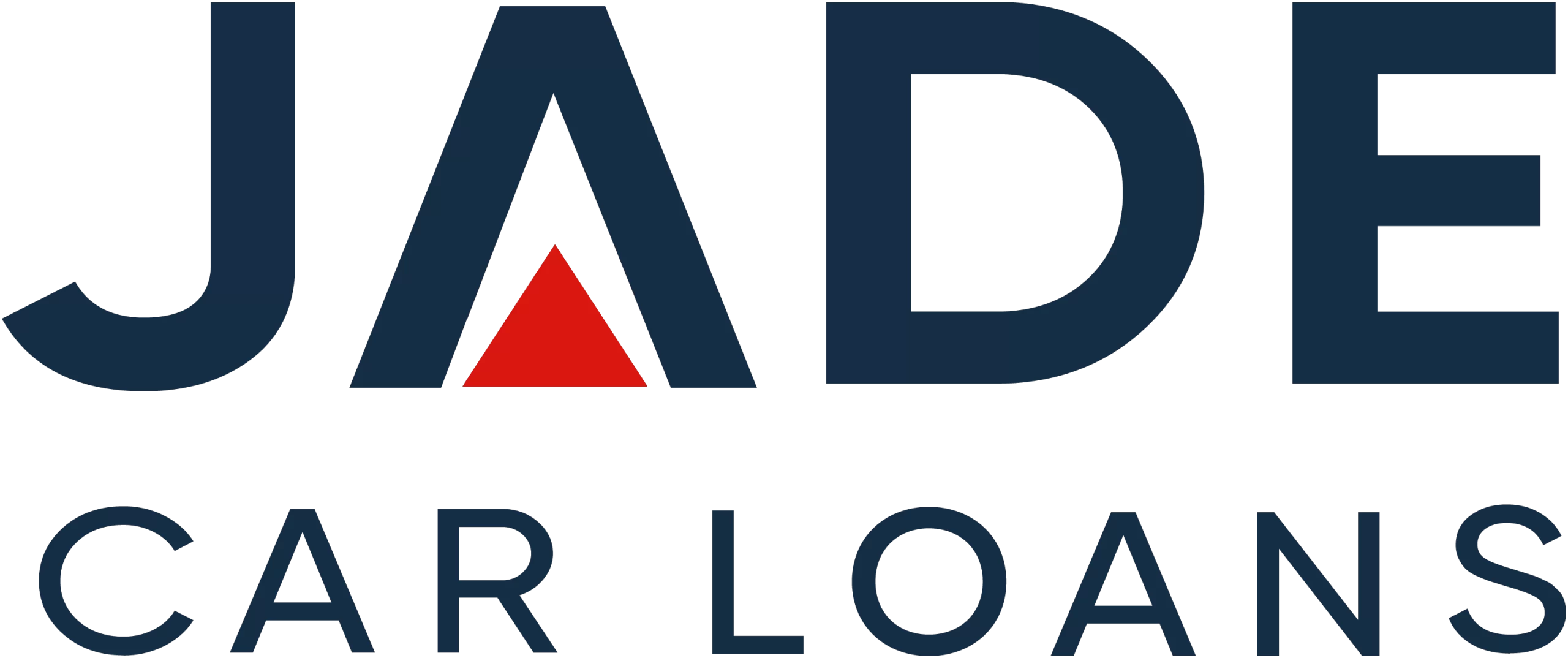Despite a fall to 7% in the March quarter, according to Reserve Bank of Australia (RBA) Governor Philip Lowe, inflation is still too high. Too high to warrant another pause in interest rates for May. At its 2 May Board meeting, the RBA announced a further 0.25% rise to the official cash rate—a move that will be significant for new car loan applications.
The May decision had attracted a lot of attention following the April pause, and the decision came just a week before Treasurer Jim Chalmers brought down the Federal Budget. A week before the decision, there were reports that the markets were 50:50 in expecting a pause or an increase. That sentiment appeared to have changed to an almost across-the-board financial markets' expectation of a pause. So, the rate rise decision is being seen as a surprise.
The cash rate has risen to an 11-year high at 3.85%. Significantly higher than the historic 0.1% of late 2020, through 2021, and into the first months of 2022. The RBA continues to use its rate tool to bring inflation down from the current high level. The Governor said it will take quite some time to return to the RBA's 2-3% target.
The run of rate rises could be a double blow for car buyers. This comes at the same time as stocks of new vehicles have been extremely limited and with long delivery times. The latest rate rise will impact car loan interest rates, but with access to 80+ lenders, Jade Car Loans remains committed to sourcing better rates.
Governor Lowe Statement
In the statement announcing the rate rise, it is stated that the Board considered the importance of returning the inflation rate to the 2-3% target in a reasonable time as warranting the increase. The expectation is for inflation to be near 4.5% this year and close to the target of 3% in 2025.
Other key points in the statement include: -
- Goods inflation is slowing, but services inflation is still very high.
- Labour costs are rising while productivity growth remains subdued.
- Continued tight labour market.
- The RBA Board's priority is to return inflation to target. If high rates become entrenched, it would involve even higher rates later and increases in unemployment.
- Given a pick-up in productivity growth, wage growth is consistent with the inflation target.
- Alerting the risk posed by the ongoing high inflation rate can contribute to larger rises in prices and wages.
- The Board seeks to keep Australia's economy on an 'even keel,' but the path to a 'soft landing' is still narrow.
- Economic growth is for below-trend rates – 1.25% in 2023 and 2% to mid-2025.
- High rates, costs-of-living pressure, and earlier falls in house prices result in a slowdown in household spending.
- Uncertainties around household spending and global issues.
- Some further monetary policy tightening (rate rises) may be required to reduce inflation in a reasonable timeframe. However, this is dependent on how the economic indicators evolve.
In the RBA Dinner speech, Dr. Lowe said it was good news that goods inflation was slowing, but prices in services and energy remained high. While many economists seemed to have taken the latest inflation figures as warranting another rate pause, the increases in areas such as health, education, and hospitality were of greater concern to the RBA Board. This economic landscape can also influence options like car financing for ABN holders.
More details as to why the Board made the rate rise decision will come to light when the meeting minutes are released in about two weeks. The next car loan interest rate decision will be announced on the first Tuesday in June.
What RBA Rate Rise Means for Car Loans
The RBA rate rise will not impact existing car loans with a fixed rate but increases in car loan rates from some motor vehicle lenders may be expected after the increase.
- Existing fixed-rate loans will remain with the same rate and repayments. This is for both personal car loans and business vehicle contracts.
- Pre-approved vehicle finance and approved loan applications with confirmed offers should remain unchanged and valid until the expiry date, as advised.
- Applications are currently awaiting approval, and a quote will be priced at current lender rates.
Banks, finance companies, and other lenders do respond to these decisions by the RBA, but with variations in values and timing. Therefore, it could be expected that rate increases will be seen in some areas of the motor vehicle finance market.
It is not uncommon, however, for lenders to factor their forecasts into their rates ahead of RBA decisions. Those lenders that were expecting this 0.25% increase may not now increase rates further. Those that were expecting a pause or were considering options like low doc vehicle loans may have to raise their rates.
Variations in car loan interest rates challenge buyers to find the cheapest offers. Jade assists buyers with access to more lenders and the services to source and negotiate the best rates on car finance.
Contact Jade Car Loans at 1300 000 003 to source the cheapest car loans following the latest RBA rate rise.
DISCLAIMER: REGARDING MISREPRESENTATIONS AND ERRORS CONTAINED IN THE MATERIAL AS PRESENTED, LIABILITY IS NOT ACCEPTED. THE DETAILS AND CONTENT IS PROVIDED FOR CAR BUYERS AND INDIVIDUALS AND BUSINESS SEEKING FINANCE PURELY AS GENERAL INFORMATION. THIS IS NOT PROVIDED AS THE ONLY SOURCE OF FINANCIAL INFORMATION. ANYONE THAT CONSIDERS NEED FINANCIAL ADVICE ABOUT THEIR SPECIFIC REQUIREMENTS SHOULD SEEK THEIR FINANCIAL ADVISOR.


 " alt="">
" alt="">